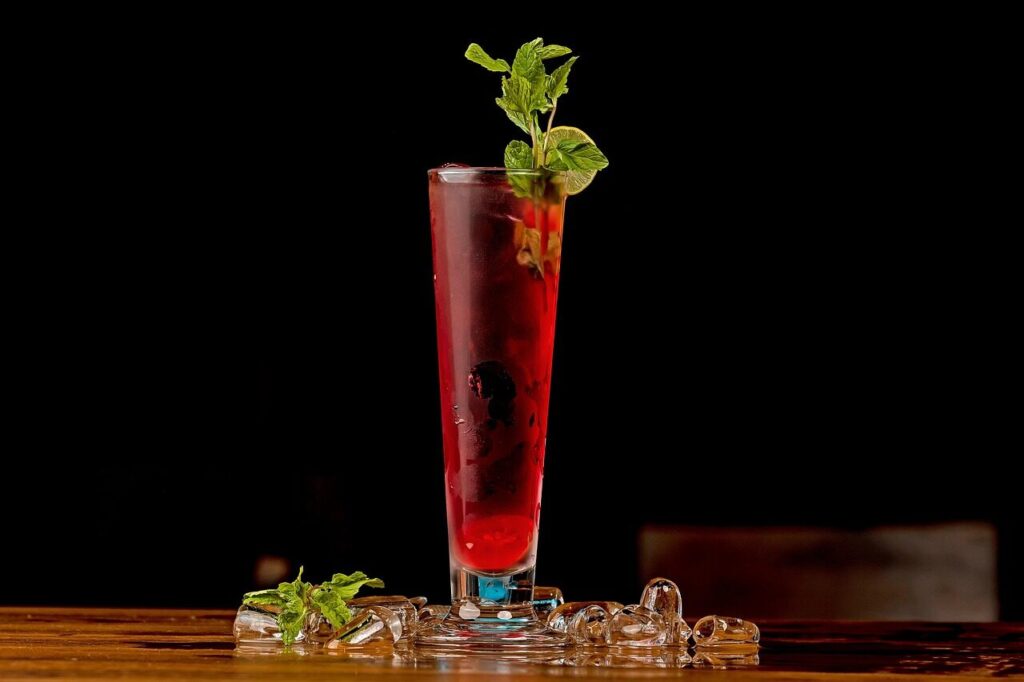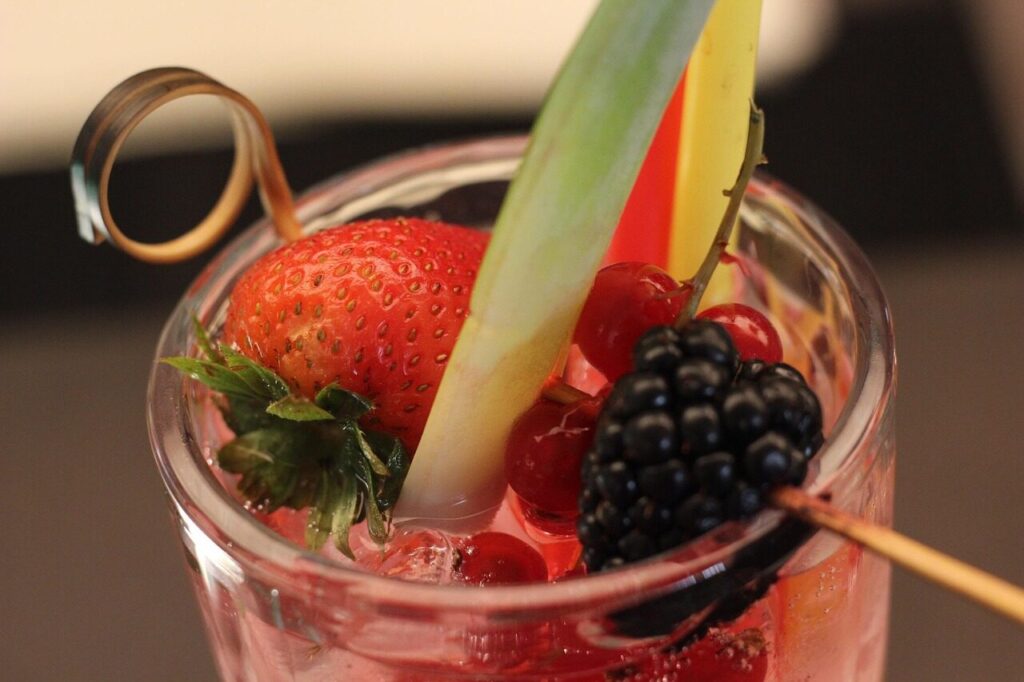The youngest adult generation is redefining social drinking and lifestyle choices. Driven by health awareness, digital connection, and purpose‑driven consumption, they are increasingly substituting traditional alcoholic beverages with non‑alcoholic and functional alternatives. This shift is not only changing what they drink but also how they socialise, how venues operate, and how drink brands are positioning themselves. The transformation reflects much more than a passing fad; it signals a new cultural alignment in which wellness, experience, and personal values take centre stage in beverage choices.
Generation Z’s declining reliance on alcohol

Recent data show that only about 39 % of Gen Z adults consider alcohol their go‑to social drink compared with 57 % of Generation X. More than 60 % of Gen Z prefer non‑alcoholic drinks in social settings, making them the most “sober‑curious” generation observed to date. This reflects a clear departure from previous norms and signals a generational change in how alcohol fits into social life.
Wellness and functional beverages in demand
Rather than drinking to get buzzed, Gen Z is drinking with purpose. Nearly three‑quarters say they choose drinks based on functional benefits such as mood improvement, gut health, or energy. Wellness‑driven alternatives like adaptogen‑infused beverages, prebiotic sodas, and mocktails with clean labelling now feature prominently in their choices. This generation sees beverages as part of a broader wellness toolkit rather than simply a social lubricant.
Mocktails and non‑alcoholic beverages reshape social rituals

As bars, cafés, and event spaces adapt, mocktails and non‑alcoholic alternatives are ascending as viable, stylish options. Gen Z’s social media‑savvy nature emphasises visual appeal and shareability in beverage choices. The mocktail trend includes higher-quality ingredients, sophisticated flavour profiles, and presentation that competes with their alcoholic counterparts. The shift shows up not only in the choice of drink but in venues and occasions that prioritise clarity, connection, and creativity.
Values, transparency, and brand behaviour matter
Gen Z’s beverage choices are deeply aligned with their values. They expect transparency about ingredients and calories; almost half say they demand this information. They also hold brands accountable for purpose, sustainability, and brand ethics. Alcohol brands that continue heavy drinking messaging without regard for wellness or responsibility are increasingly losing relevance. For Gen Z, the story behind the bottle matters just as much as what’s in it.
Industry implications and future outlook

With Gen Z’s distinct preferences, the beverage industry must evolve. Low‑ and no‑alcohol lines are expanding, mocktail menus are becoming standard, and social venues are being re‑imagined for non‑alcohol‑centric experiences. Given Gen Z’s growing economic influence, the trend is unlikely to reverse; instead, it invites innovation around flavour, format, functio,n and experience. Brands and venues that embrace the shift stand to gain; those that cling to old alcohol‑centric paradigms risk falling behind.
Comments